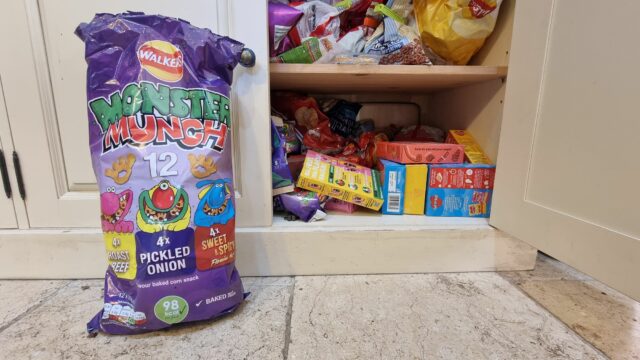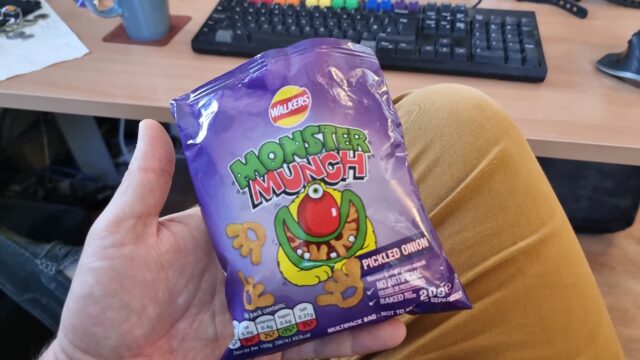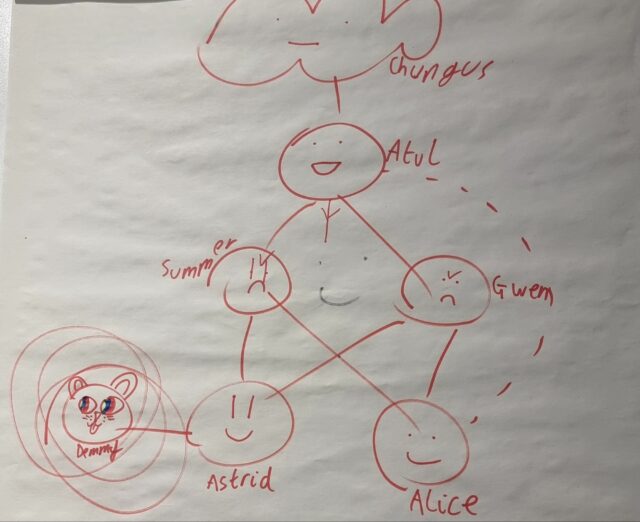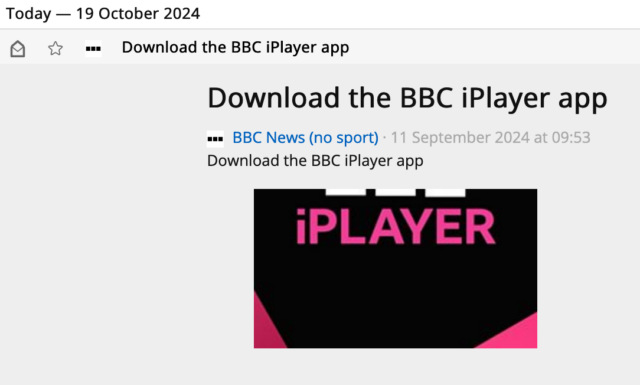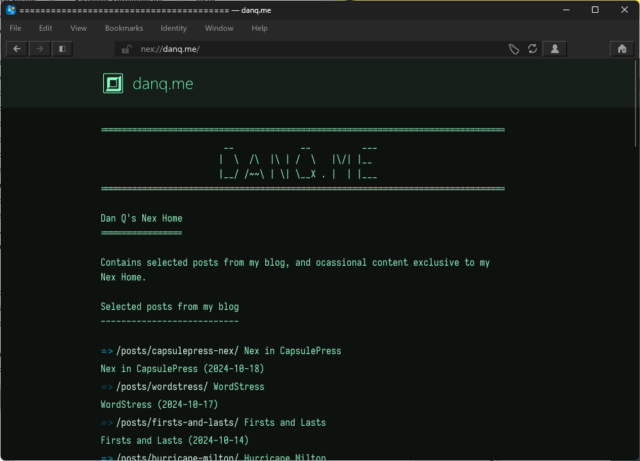Here in my hotel room, high above Barcelona, I woke up. It was still dark outside, so I looked to my phone – sitting in its charging cradle – as a bedside clock. It told me that the time was 02:30 (01:30 back home), and that the sun would rise at 07:17.
But how long would it be, until then?
Daylight savings time is harmonised across Europe by EU Directive 2000/84/EC1, but for all the good this harmonisation achieves it does not perfectly remove every ambiguity from questions like this. That it’s 02:30 doesn’t by itself tell me whether or not tonight’s daylight savings change has been applied!
It could be 00:30 UTC, and still half an hour until the clocks go back, or it could be 01:30 UTC, and the clocks went back half an hour ago. I exist in the “hour of uncertainty”, a brief period that happens once every year2. Right now, I don’t know what time it is.
I remember when it first started to become commonplace to expect digital devices to change their clocks twice a year on your behalf. You’d boot your PC on a morning and it’d pop up a dialog box to let you know what it had done: a helpful affordance that existed primarily, I assume, to discourage you from making the exact same change yourself, duplicating the effort and multiplying the problem. Once, I stayed up late on last Saturday in March to see what happened if the computer was running at the time, and sure enough, the helpful popup appeared as the clocks leapt forward, skipping over sixty minutes in an instant, keeping them like leftovers to be gorged upon later.
Computers don’t do that for us anymore. They still change their clocks, but they do it silently, thanklessly, while we sleep, and we generally don’t give it a second thought.
That helpful dialog that computers used to have had a secondary purpose. Maybe we should bring it back. Not as a popup – heaven knows we’ve got enough of those – but just a subtle subtext at the bottom of the clock screens on our phones. “Daylight savings: clock will change in 30 minutes” or “Daylight savings: clock changed 30 minutes ago”. Such a message could appear for, say, six hours or so before and after our strange biannual ritual, and we might find ourselves more-aware as a result.
Of course, I suppose I could have added UTC to my world clock. Collapsed the waveform. Dispelled the ambiguity. Or just allowed myself to doze off and let the unsleeping computers do their thing while I rested. But instead I typed this, watching as the clock reached 02:59 and then to 02:00. I’d started writing during summertime; I’d finished after it ended, a few minutes… earlier?
Daylight savings time remains a crazy concept.
Footnotes
1 Why yes, I am the kind of nerd who didn’t have to look that up. Why do you ask?
2 In places that observe a one-hour shift for summertime.






